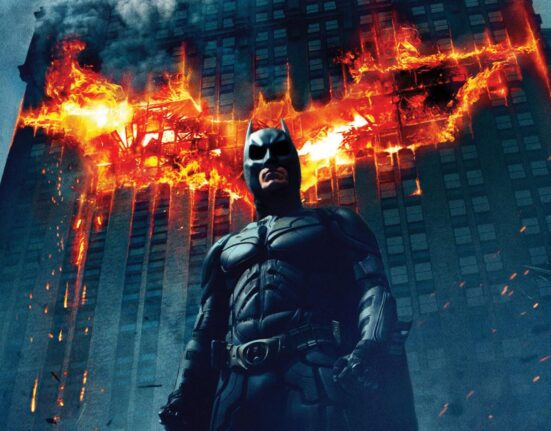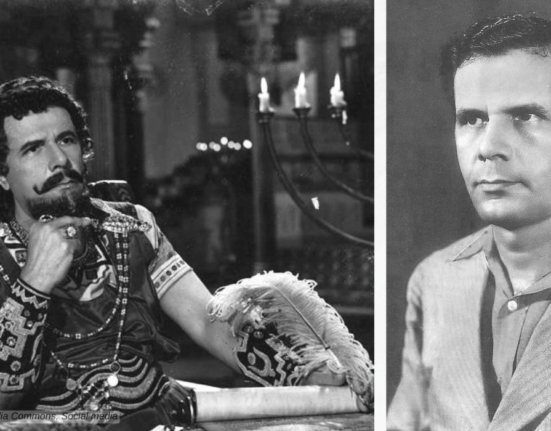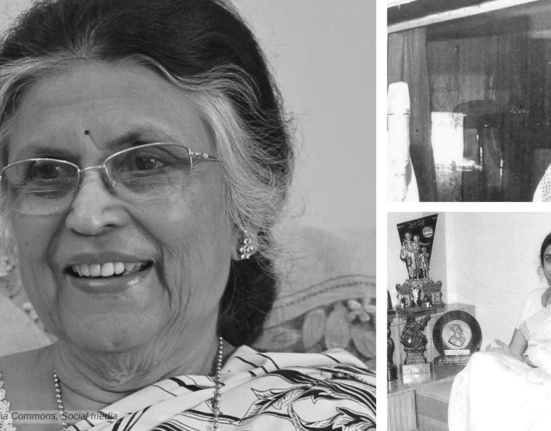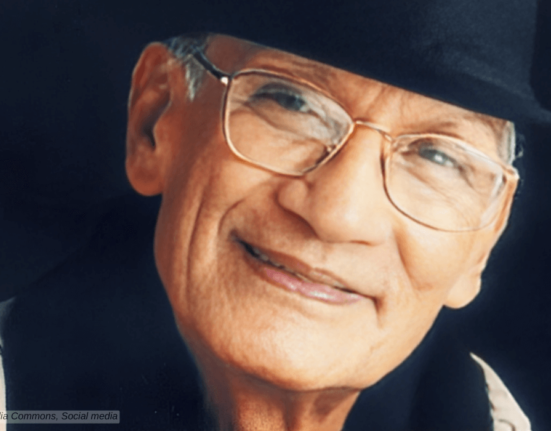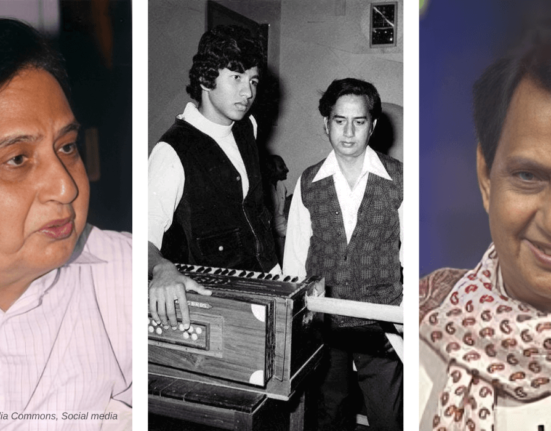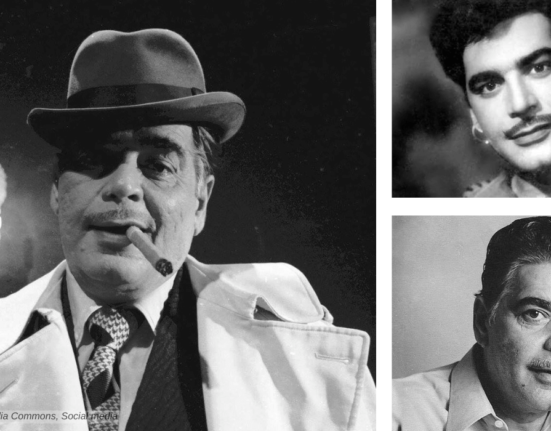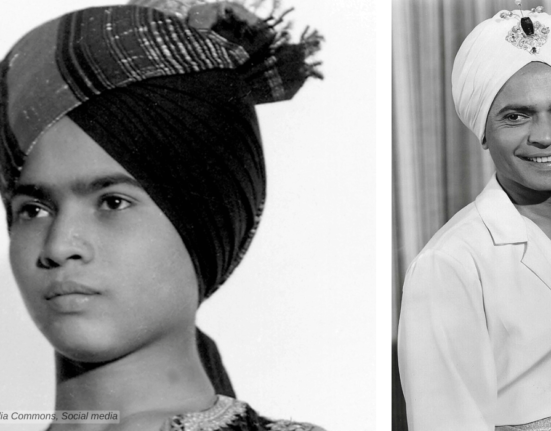Rakhee Gulzar is inarguably one of the finest actresses of Indian cinema, known for her intense and grounded performances, characteristic quivering voice laden with a plethora of emotions and those light eyes. Some of her notable films include “Sharmeeli,” “Daagh,” “Kabhi Kabhie,” “Doosra Aadmi,” “Trishna,” “Jurmana,” “Basera,” “Shakti,” “Ram Lakhan,” “Anari,” “Karan Arjun,” and many more.
when an unknown printer took a galley of type and scrambled it to make a type area specimen book It has survived not only five centuries.but also the leap introduce electronic typesetting, remaining essentially unchanged.
Willum Skeener
Rakhee Gulzar, born Rakhee Majumdar on the historic day of India’s independence, August 15, 1947, in Ranaghat, West Bengal, has been a prominent figure in Indian cinema. Before the partition of India, her father was running a shoe business in their native village in Meherpur, East Bengal, which is now in Bangladesh. After the partition, the family settled in West Bengal.
Rakhee received her early education at a local girls’ school. According to reports, legendary actress Sandhya Roy is the reason that Rakhee became an actress. Sandhya saw Raakhi as an 8-year-old in 1957 who was watching her shoot in the small town of Ranaghat. Sandhya befrended the beautiful little girl and became an older sister Raakhi never had. She continued to mentor her and shared a long friendship, which is still flourishing.
Rakhee was still a teenager when she got married to Ajay Biswas, a Bengali journalist and filmmaker. The marriage did not last and the couple separated after some time.

Rakhee’s foray into the film industry was somewhat surprising. Her debut came with the Bengali film “Bodhu Boron” in 1967. She made her Hindi film debut with the Satyen Bose-directed film “Jeevan Mrityu,” opposite Dharmendra, in 1970. The film was a remake of the Uttam Kumar starrer Jiban Mrityu (1967).
In 1971, she appeared in Samir Ganguly’s “Sharmeeli,” opposite Shahi Kapoor. In the film, her dual roles as the shy and homely Kanchan and the street-smart and manipulative Kanchan were widely appreciated. The same year, she starred in “Reshma Aur Shera,” “Paras,” and “Lal Patthar.”
It wasn’t long before Rakhee became a household name. Her performances in “Aan Baan (1972),” “Aankhon Aankhon Mein (1972),” “Blackmail (1973),” “Joshila (1973),” and “27 Down (1974)” earned her critical acclaim.
She was nominated for the Filmfare Award for Best Actress for “Aankhon Aankhon Mein (1972).” For “Daag: A Poem of Love (1973),” she was nominated for the Filmfare Award for Best Supporting Actress. The year 1976 saw her win the Filmfare Award for Best Actress for her role in “Tapasya.”
Success is how high you bounce when you hit bottom
She had a string of critically acclaimed films, like Kabhi Kabhie (1976), Doosra Aadmi (1977), Trishna (1978), Kasme Vaade (1978), Trishul (1978), Muqaddar Ka Sikandar (1978), Hamare Tumhare (1979), Jurmana (1979), Kaala Patthar (1979), Aanchal (1980), Shaan (1980), Rocky (1981), Barsaat Ki Ek Raat (1981), Baseraa (1981), Shradhanjali (1981), Bemisal (1982),
Dil Aakhir Dil Hai (1982), Shakti (1982),
Rakhee’s versatility as an actress is evident from her varied filmography. After a successful career as a lead actress for over a decade, she transitioned into character roles in films like Saaheb (1985), Amma (1986), Zindagani (1986), Muqaddar Ka Faisla (1987), Dacait (1986), Ram Lakhan (1989), Jeevan Ek Sangharsh (1990), Saugandh (1991), Pratikar (1991), Rudaali (1993), Khal Nayak (1993), Anari (1993), Baazigar (1993), Karan Arjun (1995), Border (1997), Soldier (1998), Baadshah (1999), Ek Rishtaa: The Bond of Love (2001) and many more.
Rakhee was nominated for the Filmfare Best Actress Award for films like Kabhi Kabhie, Doosra Aadmi, Trishna, Jurmana, Basera, and Shakti. She was also nominated for the Filmfare Best Supporting Actress Award for “Saaheb,” ‘”Ram Lakhan,” “Anari,” “Karan Arjun,” “Border,” and “Soldier,” for which she won her second Filmfare Award for Best Supporting Actress. Her role in “Shubho Mahurat (2003)” won her the National Film Award for Best Supporting Actress.


Rakhee married the renowned poet, lyricist, and director Gulzar in 1973, and they have a daughter, Meghna Gulzar, who is a noted writer and director. Despite separating a year after marriage, Rakhee and Gulzar have maintained a cordial relationship.
In recognition of her contribution to Indian cinema, Rakhee was awarded the Padma Shri, India’s fourth-highest civilian award, in 2003. Rakhee has always maintained a private life, seldom making appearances in the media or public events in recent years.




